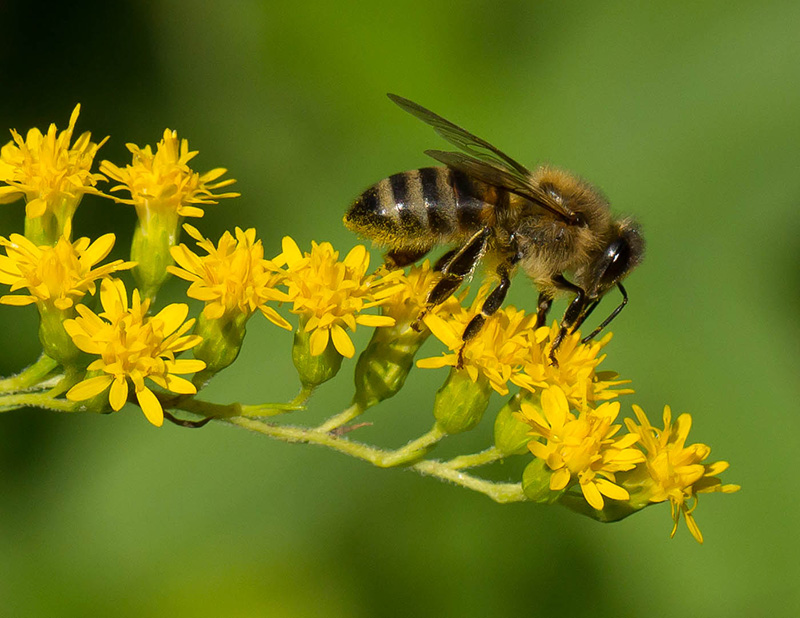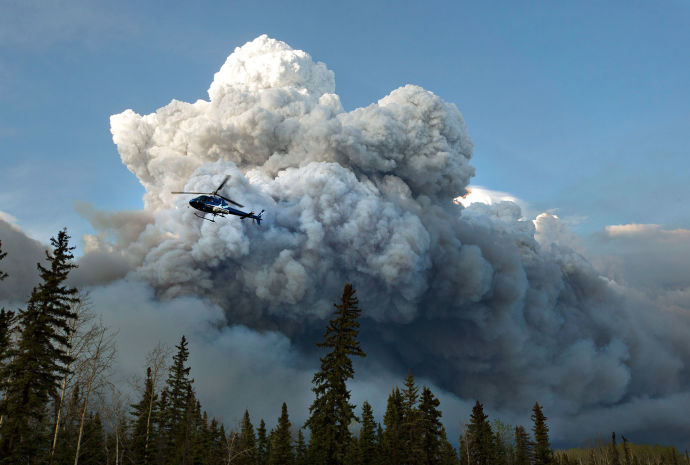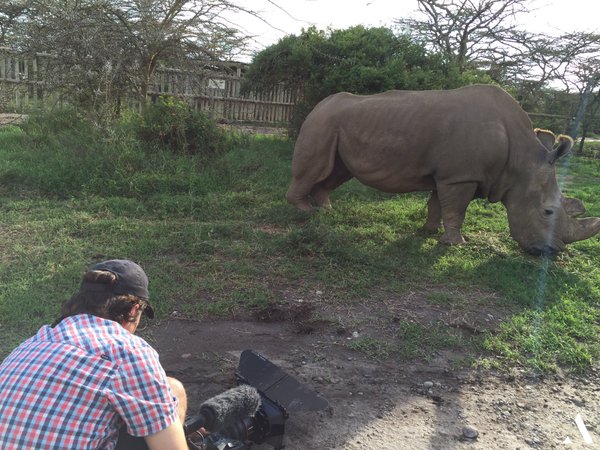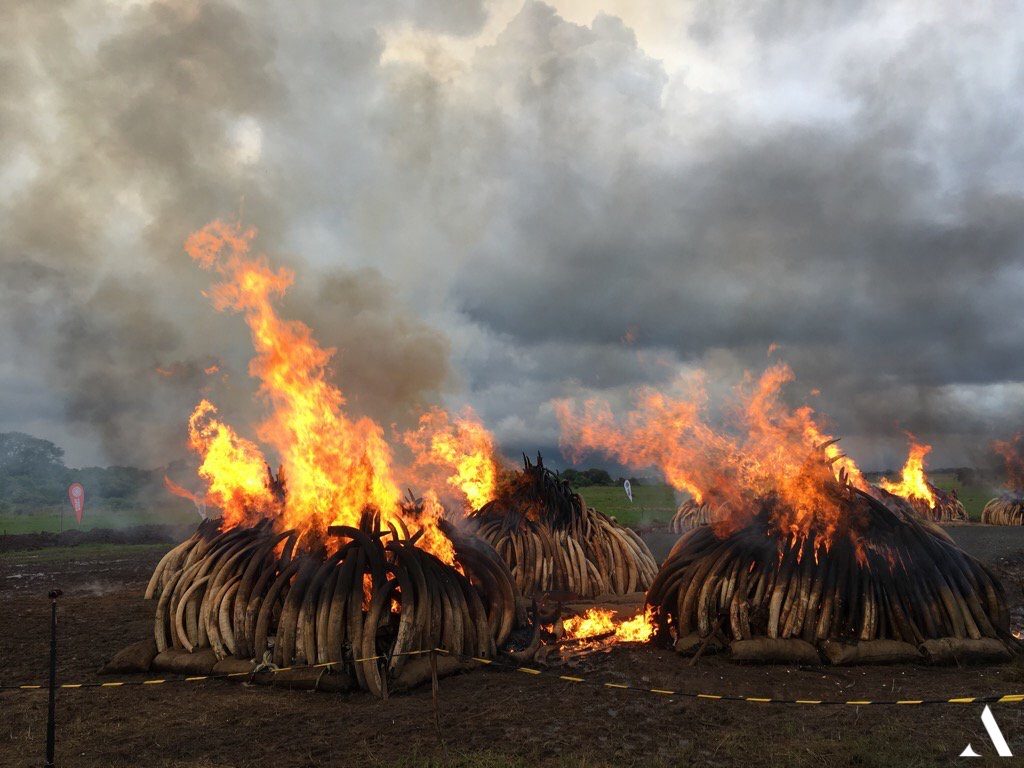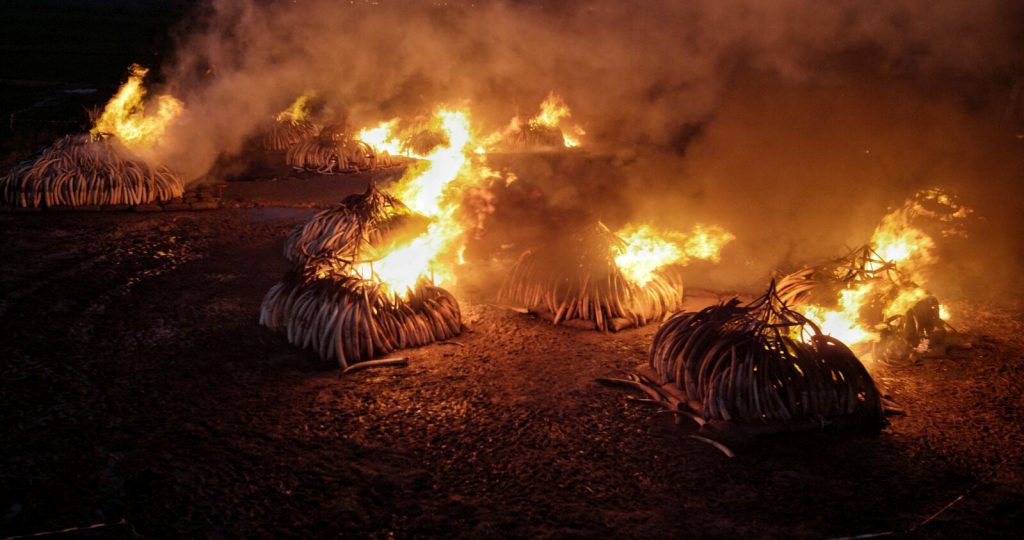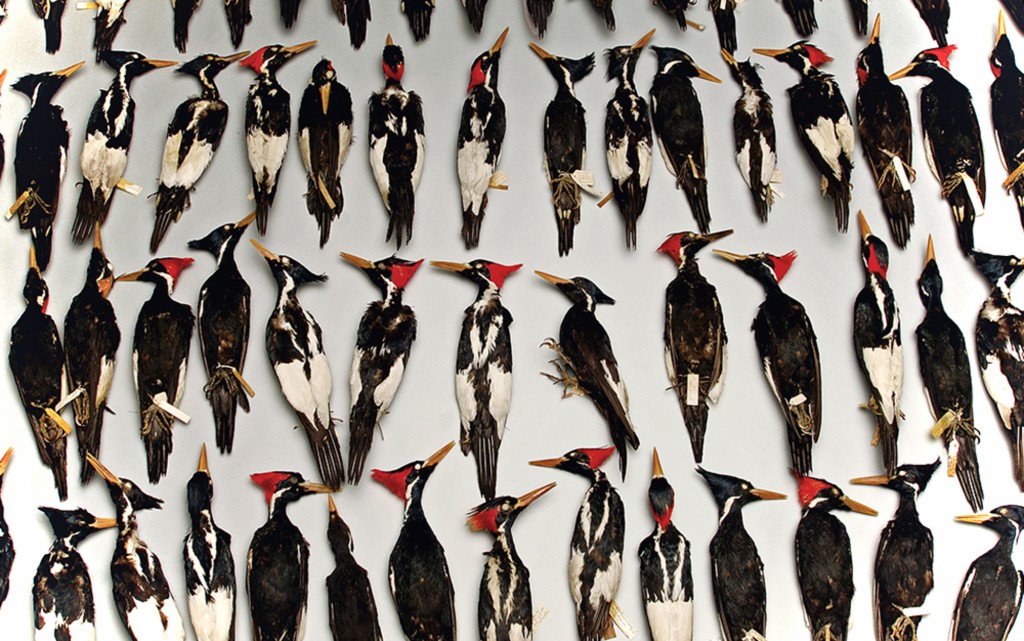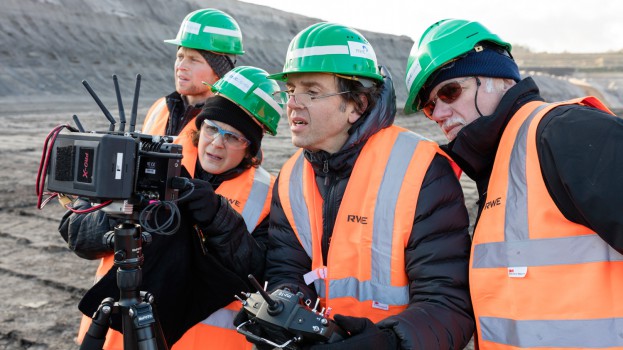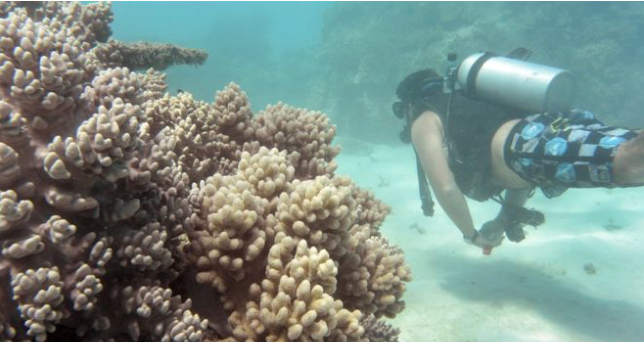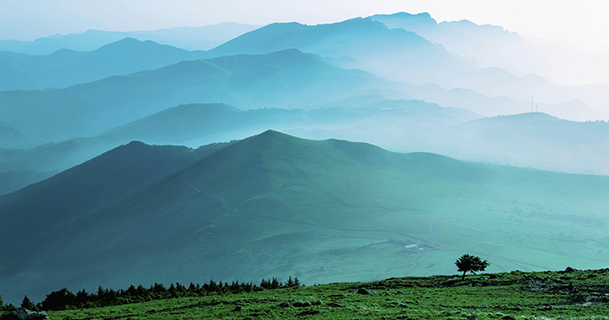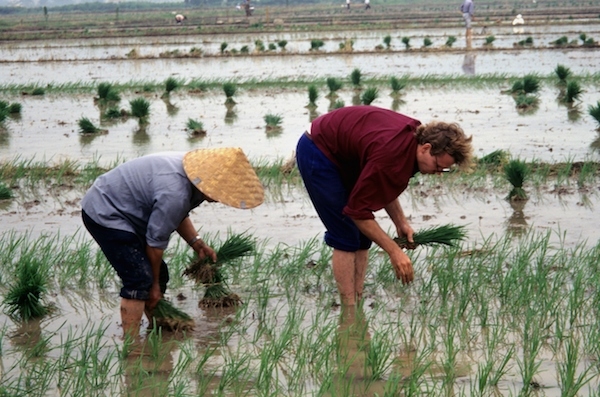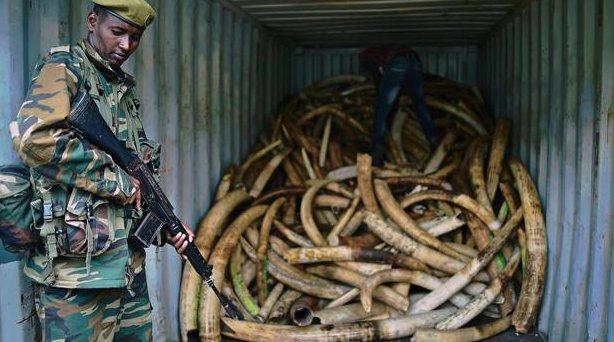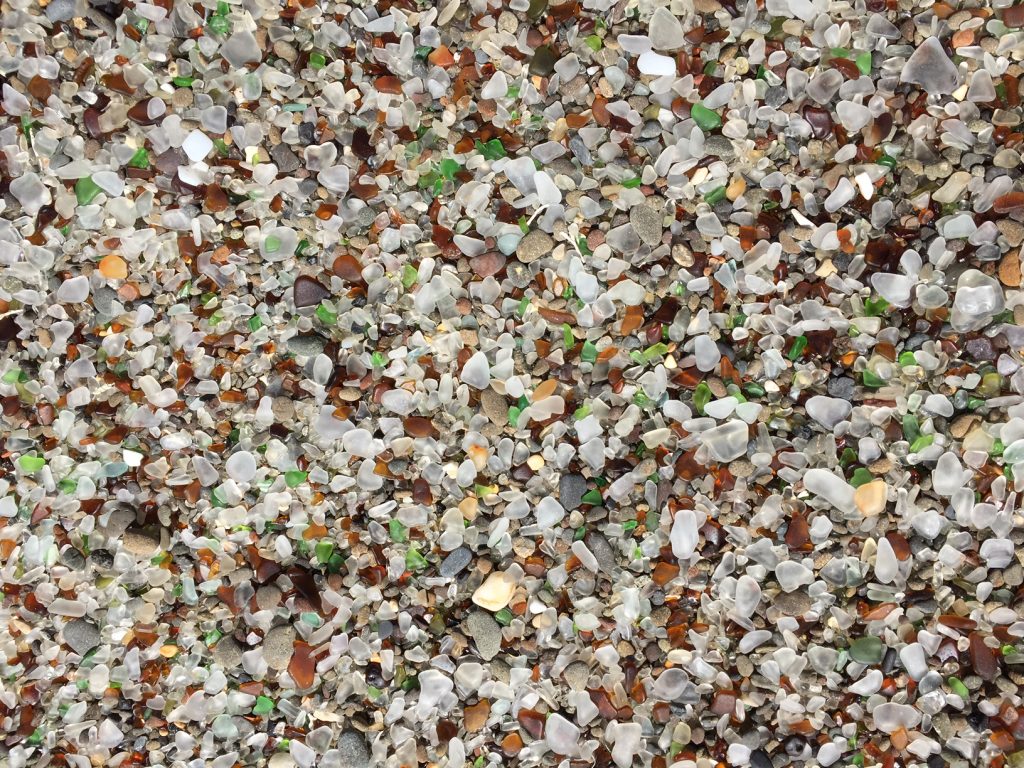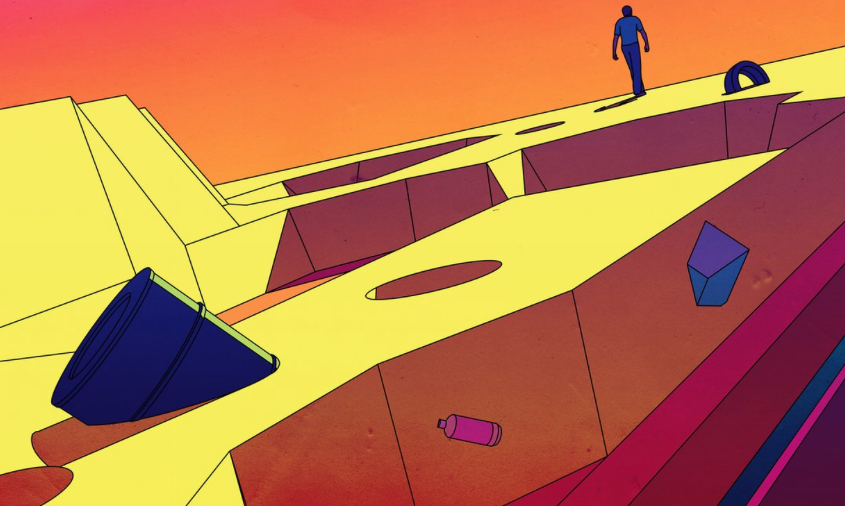Project Press
How Rising CO2 Levels May Contribute to Die-Off of Bees
By Lisa Palmer | Yale Environment 360 | May 10, 2016 Specimens of goldenrod sewn into archival paper folders are stacked floor to ceiling inside metal cabinets at the Smithsonian National Museum of Natural History. The collection, housed in the herbarium, dates back to 1842 and is among five million historical records of plants from around…
Read MoreExplaining the Anthropocene: Ian Angus on how human activity is transforming the entire planet
By Ian Angus | Socialist Review | May 6, 2016 Anthropocene is the proposed name for the present stage of Earth history: a time in which human activity is transforming the entire planet in unprecedented and dangerous ways. Scientists divide Earth’s 4.5 billion year history into time intervals that correspond to major changes in the conditions…
Read MoreFort McMurray and the Fires of Climate Change
By Elizabeth Kolbert | The New Yorker | May 5, 2016 The town of Fort McMurray, some four hundred miles north of Calgary, in Canada, grew up very quickly on both sides of the Athabasca River. During the nineteen-seventies, the population of the town tripled, and since then it has nearly tripled again. All this growth…
Read MoreSpending Some Time at Ol Pejeta
Spending some time at @OlPejeta with Sudan, the last remaining male northern white rhino. pic.twitter.com/W8HUdJj8ih — Anthropocene Project (@anthropocene) May 4, 2016 Learn more about the Northern White Rhinos at Ol Pejeta, HERE.
Read MoreThe KWS Ivory Burn – A Sneak Peek of Our Drone Footage
On Saturday, April 30, 2016 the Anthropocene team was in Nairobi National Park among African officials, celebrities and passionate citizens to document the burning of the largest stockpile of elephant ivory and rhino horn in history. We are deeply grateful to the Kenya Wildlife Service, Kenya Film Commission and the High Commission of Canada for their efforts to…
Read MoreThe Historic KWS Ivory Burn
The KWS Ivory Burn – Curated tweets by anthropocene
Read MoreESSAY: Ghosts and tiny treasures
By Bryan Pfeiffer | Aeon Ten years ago this spring, in the darkness before dawn, I switched on my headlamp, dialled in my compass, and set forth into a chilly Arkansas swamp. Dressed head to toe in camouflage and lugging an arsenal of camera gear, I wandered alone that day through lowlands of oak, cypress and sycamore,…
Read MoreTelefilm, Rogers invest $1.6M across six docs
By Camille Gushy | Playback | April 27, 2016 Anthropocene (pictured) from Jennifer Baichwal and Edward Burtynsky was among the projects to receive funding through the Theatrical Documentary Program. Read more on Playback.
Read MoreWomen filmmakers in the spotlight as Telefilm Canada and the Rogers Group of Funds announce their support of six homegrown theatrical documentaries
Telefilm Canada | April 26, 2016 Including documentaries by Academy Award-winning director Brigitte Berman, acclaimed writer-directors Jennifer Baichwal, Julie Lambert and Ann Shin, and veteran producers Trish Dolman and Betsy Carson. Read the full release on Telefilm.ca.
Read MoreJust 7% of Australia’s Great Barrier Reef Escapes Bleaching
BBC News | April 20, 2016 An extensive aerial and underwater survey has revealed that 93% of Australia’s Great Barrier Reef has been affected by coral bleaching. This follows earlier warnings that the reef was experiencing its worst coral bleaching event on record. Prof Terry Hughes from the National Coral Bleaching Taskforce told the BBC the link between…
Read MoreChanging the Face of the Earth
By Dr. Colin Waters | LaboratoryNews | April 12, 2016 We have geo-engineered the Earth expertly for our own ends, but will humanity’s indelible stamp on the planet define an entire geological epoch? The term “Anthropocene” was coined by Paul Crutzen 16 years ago to mark the present as distinct from previous geological time. The term has…
Read MoreEvolving Toward a Better Anthropocene
By Erle Ellis | The Breakthrough Institute | April 4, 2016 Humans have now transformed Earth to such a degree that a new epoch of geologic time, the Anthropocene, may soon mark the emergence of humanity as a “great force of nature.” The big question is why? Why did humans, and no other single multicellular species…
Read MoreKenyan Wildlife Authorities Prepare to Torch Ivory to Deter Poaching
By Ben Curtis | The Globe and Mail | April 4, 2016 Kenyan wildlife authorities Monday started moving at least 105 tons of ivory and one ton of rhino horn in preparation for the torching of the items at the end of the month to discourage ivory and rhino-horn trade believed to be fuelling poaching of…
Read MoreTechnofossil Beach
Technofossil beach, Fort Bragg, California pic.twitter.com/MnlffdUnxP — Anthropocene Project (@anthropocene) April 2, 2016
Read MoreGeneration Anthropocene: How Humans Have Altered the Planet for Ever
By Robert Macfarlane | The Guardian | April 1, 2016 In 2003 the Australian philosopher Glenn Albrecht coined the term solastalgiato mean a “form of psychic or existential distress caused by environmental change”. Albrecht was studying the effects of long-term drought and large-scale mining activity on communities in New South Wales, when he realised that no word…
Read More
